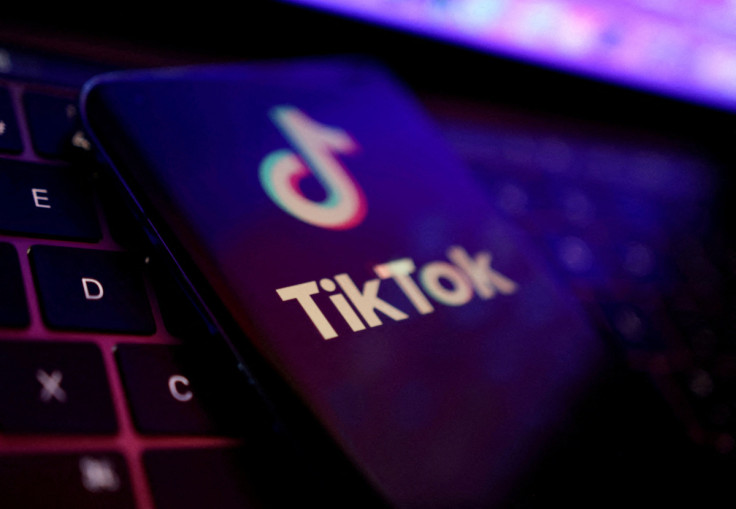Mpox Information On TikTok Videos Often 'Unreliable And Incomplete,' Study Finds
KEY POINTS
- Researchers analyzed TikTok videos about Mpox
- The overall quality of the videos was said to be poor
- Videos from the general public had the lowest scores
TikTok videos about mpox often provide "unreliable and incomplete" information, scientists say, highlighting the risks of using social media as a source of health information.
As part of a study, which was published in BMJ (British Medical Journal) Global Health, a team of researchers scoured the social media platform TikTok for mpox-related videos. Formerly known as Monkeypox, mpox is a disease that's caused by a virus related to smallpox. Though considered to be rare, a 2022 outbreak saw the presence of the disease in countries where it was not identified before, leading to thousands of cases from across the globe.
In case of public health emergencies, such as COVID-19, it's not surprising for people to share information on the disease on social media. Since online information on mpox was "not well studied," the researchers looked at the quality of these videos on TikTok, which is one of the most active social media platforms today.
"Because of its popularity and accessibility, it is an important public source of health information, especially in health emergencies such as the mpox outbreak," the authors wrote.
The researchers used hashtags to search for content and collected more than 2,400 videos, according to the BMJ. However, they included only videos that were in English, were original and contained educational content. This left them with only 85 videos.
They came from doctors and scientists (43.53%), the general public (35.29%), nurses and other healthcare workers (12.94%) and institutions (8.24%). The team used validated tools to assess the content, information and treatment of mpox. This included the DISCERN instrument, which evaluates healthcare information from several perspectives, and the Journal of the American Medical Association (JAMA), which assesses "the reliability, plausibility, transparency, and usefulness of video information on the internet."
The videos' average score on the DISCERN instrument was 39.56 out of 80, which researchers say indicates that the overall quality of information was "poor." Unsurprisingly, the doctors and science communicators had the highest scores. The general public had the lowest, showing "the video quality of this group was the worst."
A similar pattern was seen in the case of the JAMA criteria as well. However, none of the videos actually met all the criteria.
As for the content of the videos, although 85% of them discussed risk factors for the disease, they mostly addressed only about a third of the content of clinical guidelines, according to the BMJ.
"Overall, the material on the recent mpox outbreak shared through TikTok videos was frequently unreliable and incomplete, hindering public health efforts to share accurate information on mpox," the researchers wrote.
With the public-directed videos on TikTok often providing "incomplete, inaccurate information," the researchers noted how this shows the trouble with using social media as a source of health information.
TikTok's popularity comes as a double-edged sword. On one hand, it's a great way for experts such as doctors to provide valuable information to users. For instance, scientists have used the platform to share information about climate change and dispel myths about vasectomies. But by the same token, it's also this ease with which people can share information that inaccurate, sometimes "fearmongering" or even potentially harmful information or trends, tend to proliferate.
The results of the study showcase the risks of following health information on social media. Though there are some professionals who use the platform to share valuable health information and dispel myths, there are also videos with claims that may not be as accurate as they sound or appear.
"Our findings highlight the risks of using social media to obtain health information during public health emergencies and encourages the development of strategies for building an efficient health information sharing system," the researchers wrote.

© Copyright IBTimes 2025. All rights reserved.






















